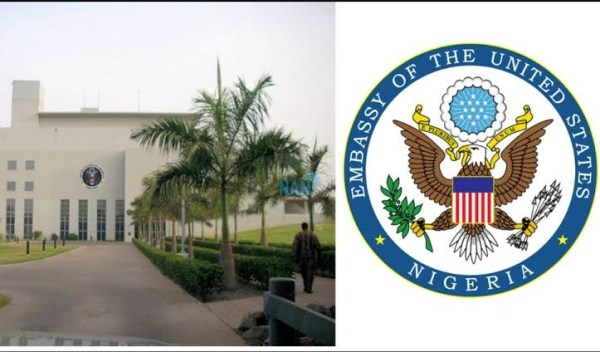Suspending Russia’s role in the group could allow other members to increase oil production at a quicker pace—although there are only a few OPEC members believed to have the capacity to ramp up production as quickly as the current deal allows.
Removing Russia from the group could be more of a long-term move, or a symbolic one, while much of the world continues to shun Russian energy products with few exceptions—namely China and India, which increased their imports of Russian crude.
This great shunning has caused Russian crude oil production to dip this year—by about 8%, according to WSJ figures—instead of the increase allowed each month so far by the OPEC+ agreement.
The United States and others have repeatedly begged OPEC—more specifically Saudi Arabia and the UAE—to increase its oil production for the purposes of lowering high crude and gasoline prices, but so far, their pleas have been ignored. Earlier this month, however, the White House was said to be feeling Saudi Arabia out over a possible meeting between President Joe Biden and Saudi Arabia’s Crown Prince Mohammad bin Salman, in part to discuss oil production.
OPEC has long maintained throughout the invasion months that the crude oil market is mostly balanced and that the current forces at work in the market will not be lessened by increased crude production.
According to OPEC delegates who spoke to the Wall Street Journal, however, some OPEC members in the Persian Gulf are starting to plan for increased output sometime over the next few months.
The OPEC+ production quotas will be completely rolled back as of September, although the agreement is set to last until December.




